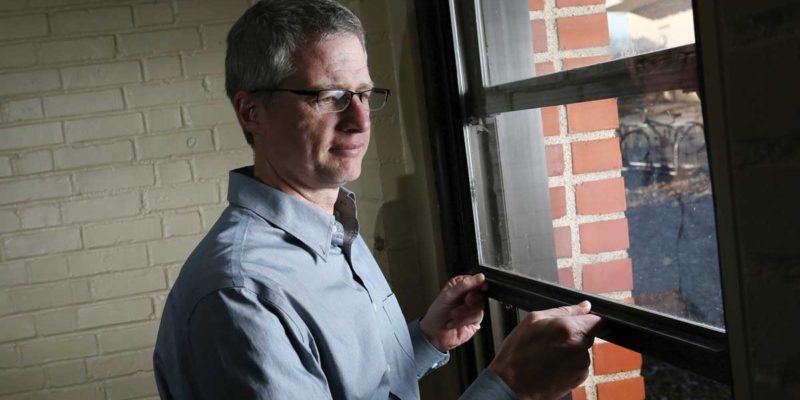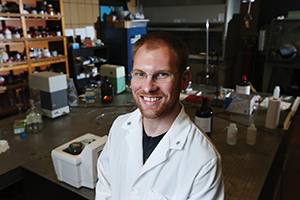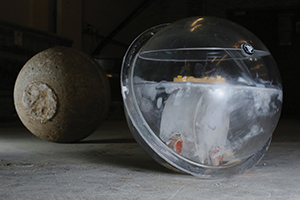Research
Open the window, clean the air
Some people open the windows in their homes whether it’s snowing or raining, in stifling heat or frigid cold. A Missouri S&T environmental engineering professor says that can have a positive effect on the air quality in your home.
Read More »Bugs on a diet clean up wastewater
To clean wastewater, most municipal treatment plants try to maintain an oxygen concentration of 2 milligrams per liter in their aerated tanks. That seems ideal for the microorganisms that consume the waste; it’s a level that “makes them happy” and well fed, says Jianmin Wang, professor of civil, architectural and environmental engineering at Missouri S&T.
Read More »Social networks can strengthen knowledge-sharing
Some people think social networks waste time. But three engineering management and systems engineering researchers at Missouri S&T think those networks could improve project management and help spread specialized knowledge in the health care sector and other large organizations.
Read More »Building a better battery
Tyler Fears, Chem’10, Phys’10, a Ph.D. student in chemistry, is using nanomaterials that act as cathodes to expand the capacity of lithium-ion batteries through an Integrative Graduate Education and Research Traineeship (IGERT) at the University of Missouri-Columbia. His project is funded by a five-year, $3 million grant awarded to MU by the National Science Foundation.
Read More »Improving rural drinking water
Disinfectants used in water treatment operations could generate harmful byproducts that are unregulated by the U.S. Environmental Protection Agency (EPA).
Read More »Nuclear fusion: achieved
In May, three Missouri S&T physics seniors achieved nuclear fusion of deuterium into helium as part of the final project in their senior research laboratory class. This nuclear fusion reaction is the same process as the one that powers the sun.
Read More »‘Smart’ rocks detect bridge damage
The leading cause of bridge collapse in the U.S. is scour, an erosion process where water flow carries away river bed deposits and creates scour holes around a bridge pier or abutment. Floods intensify the problem and can quickly make the bridge unstable.
Read More »Smartphone biology
Using nothing more than a smartphone and less than $10 in hardware supplies, Missouri S&T biology students built their own microscopes in biology lab this past fall.
Read More »Time-lapse microscope images aid stem cell research
Using time-lapse microscopy images, Zhaozheng Yin can record the movement and division of cells and track changes in their shape and appearance. His research could lead to advances in the growth of stem cells for medical purposes.
Read More »Gone with the wind (noise)
Lian Duan, assistant professor of mechanical and aerospace engineering, received a Young Investigator Research Program Award from the Air Force Office of Scientific Research to study how noise affects wind tunnel testing for hypersonic vehicles. Using the world’s largest supercomputers, Duan studies the physics of noise generation in hypersonic wind tunnels and the effect of […]
Read More »



